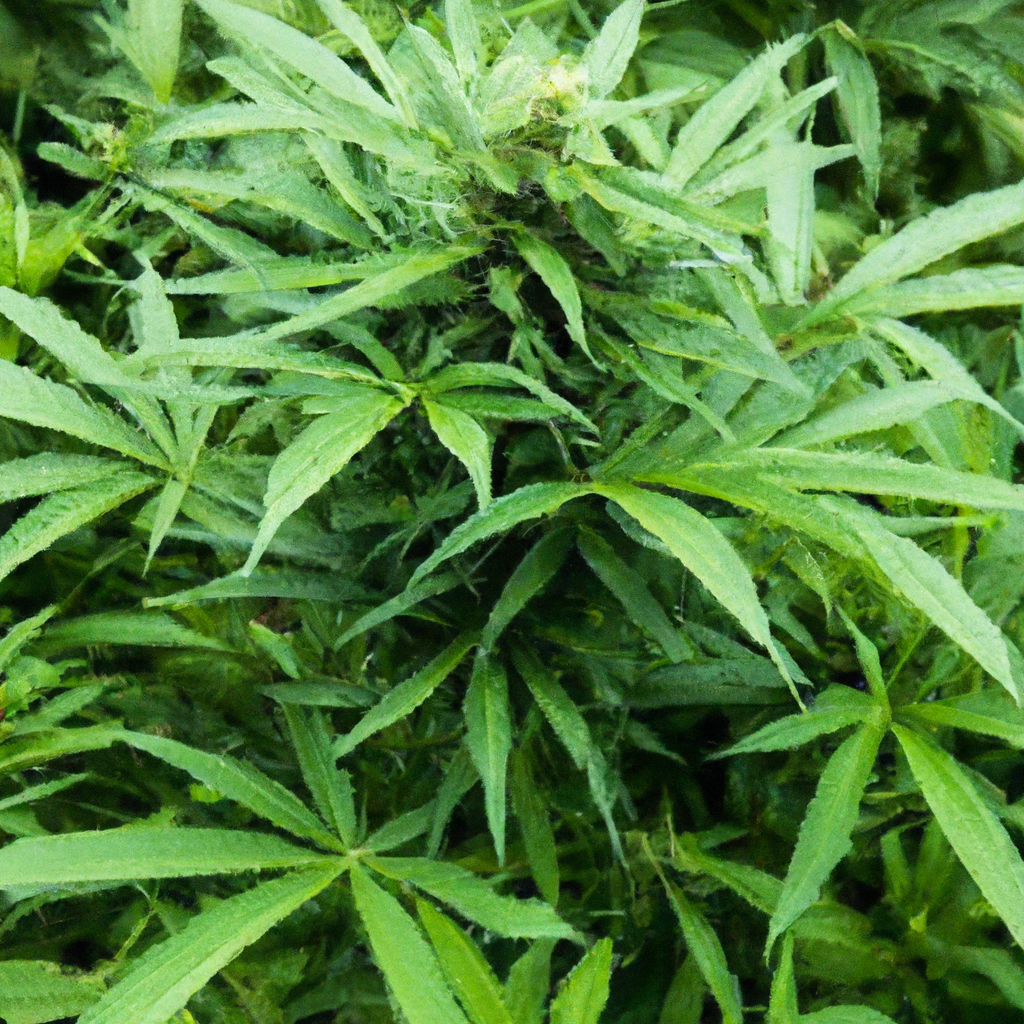Your cart is currently empty!
As the demand for sustainable agriculture grows, organic cannabis cultivation is gaining attention from both growers and consumers alike. By adopting natural methods, you can cultivate cannabis in a way that benefits both the environment and those who consume it. This article explores best practices for organic cannabis cultivation, with a focus on natural fertilizers, compost, and eco-friendly pest control techniques.
Building a Healthy Soil Ecosystem
The foundation of successful organic cannabis cultivation lies in the soil. Healthy soil teems with life, from beneficial microbes to essential nutrients, which are vital for plant growth. Here are steps to building a thriving soil ecosystem:
- Organic Matter: Incorporate organic matter such as compost and decomposed plant material to enrich the soil.
- Compost Tea: Brew and apply compost tea to introduce beneficial microorganisms.
- Cover Crops: Use cover crops to add nutrients, enhance soil structure, and prevent erosion.
- Crop Rotation: Rotate your crops to maintain soil health and prevent diseases.
Utilizing Natural Fertilizers
Natural fertilizers provide essential nutrients without the adverse effects of synthetic chemicals. Consider the following organic fertilizer options:
- Fish Emulsion: A rich source of nitrogen, fish emulsion can boost plant growth during the vegetative stage.
- Bone Meal: High in phosphorus, bone meal supports root development and flowering.
- Seaweed Extract: Offers potassium and micronutrients to promote overall plant health.
- Bat Guano: A balanced fertilizer that can improve soil structure and fertility.
Eco-Friendly Pest Control Methods
Pests can be a challenge in cannabis cultivation, but you can manage them without harmful chemicals. Here are some eco-friendly pest control strategies:
- Companion Planting: Grow pest-repelling plants like marigolds or basil alongside cannabis.
- Beneficial Insects: Introduce predatory insects like ladybugs and lacewings to control pest populations.
- Neem Oil: A natural pesticide that disrupts the life cycle of pests without affecting beneficial insects.
- Diatomaceous Earth: Use this powder around plants to deter soft-bodied pests like slugs and aphids.
Promoting Sustainability in Growing Operations
Sustainability is key to responsible cannabis cultivation. Consider these practices to enhance sustainability:
- Water Conservation: Implement drip irrigation systems to minimize water waste.
- Renewable Energy: Utilize solar panels or wind turbines to power your grow operations.
- Recycling Waste: Compost plant waste and recycle materials to reduce your carbon footprint.
Conclusion
Embracing organic practices in cannabis cultivation not only contributes to environmental conservation but also results in a product that is safe, natural, and full of benefits for consumers. By focusing on soil health, natural fertilizers, and eco-friendly pest control, you can nurture your plants sustainably and successfully.
Start transitioning to these practices today, and enjoy the rewards of a cleaner, greener cultivation approach.
Discover more from Magic Clones
Subscribe to get the latest posts sent to your email.


Leave a Reply